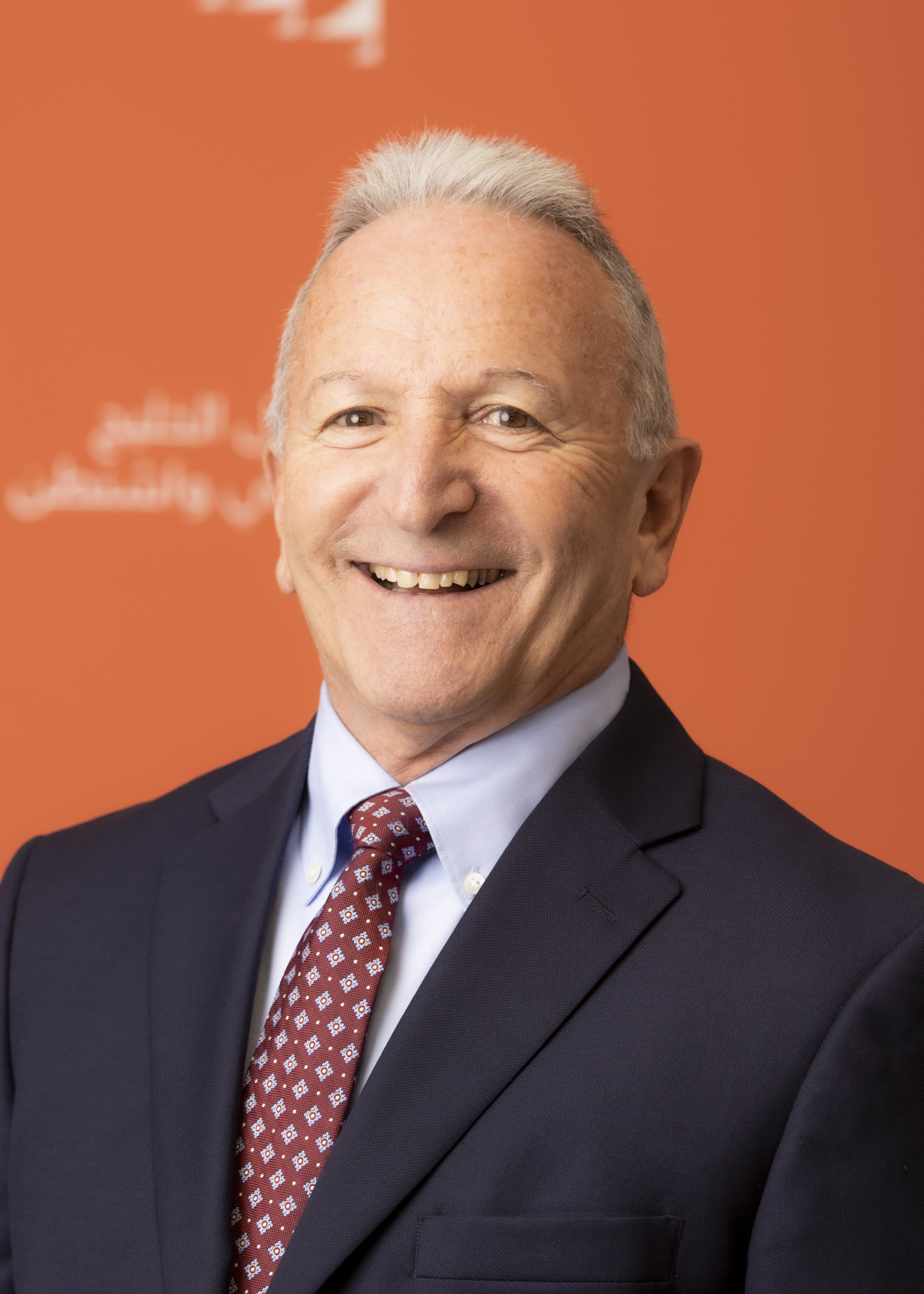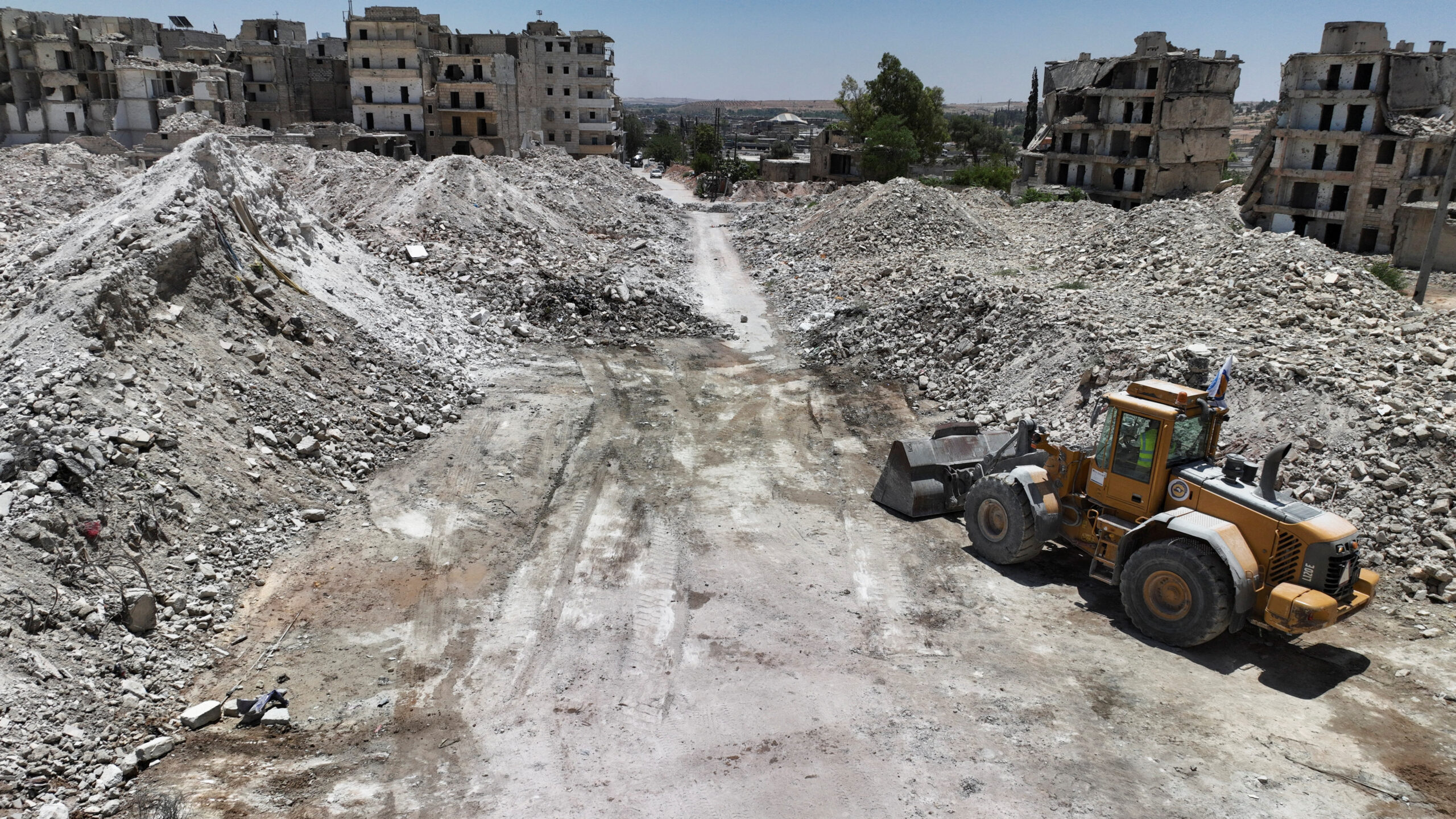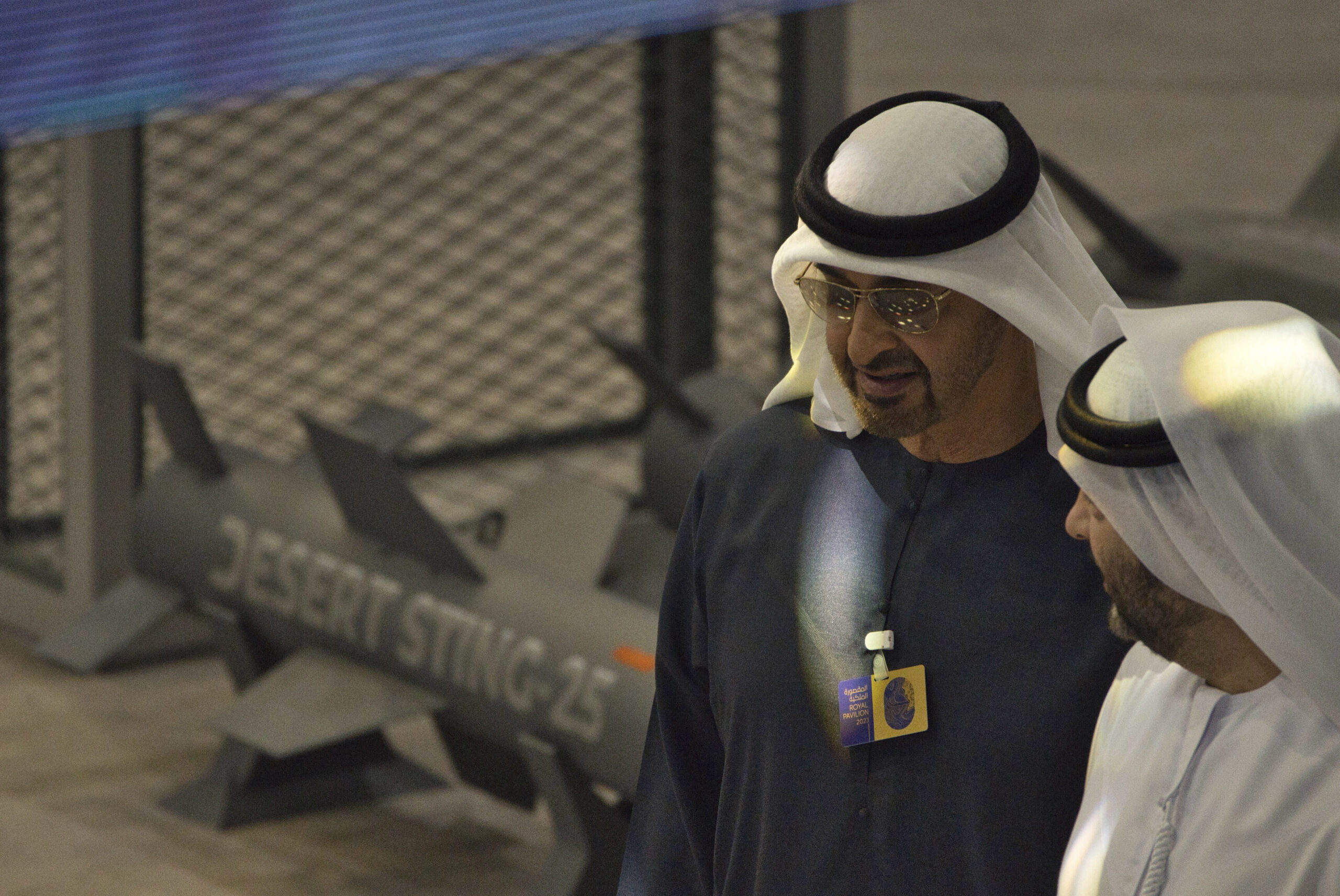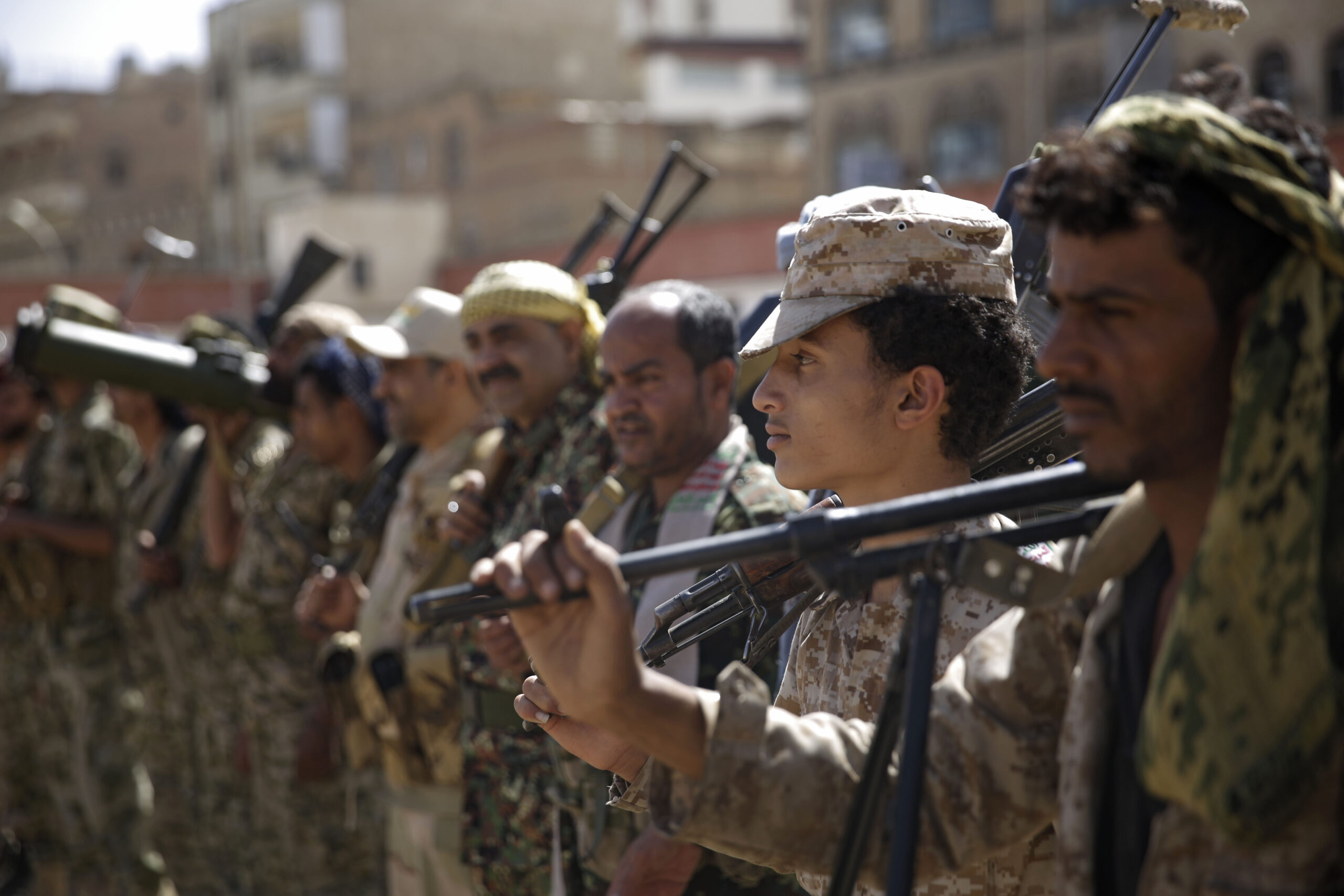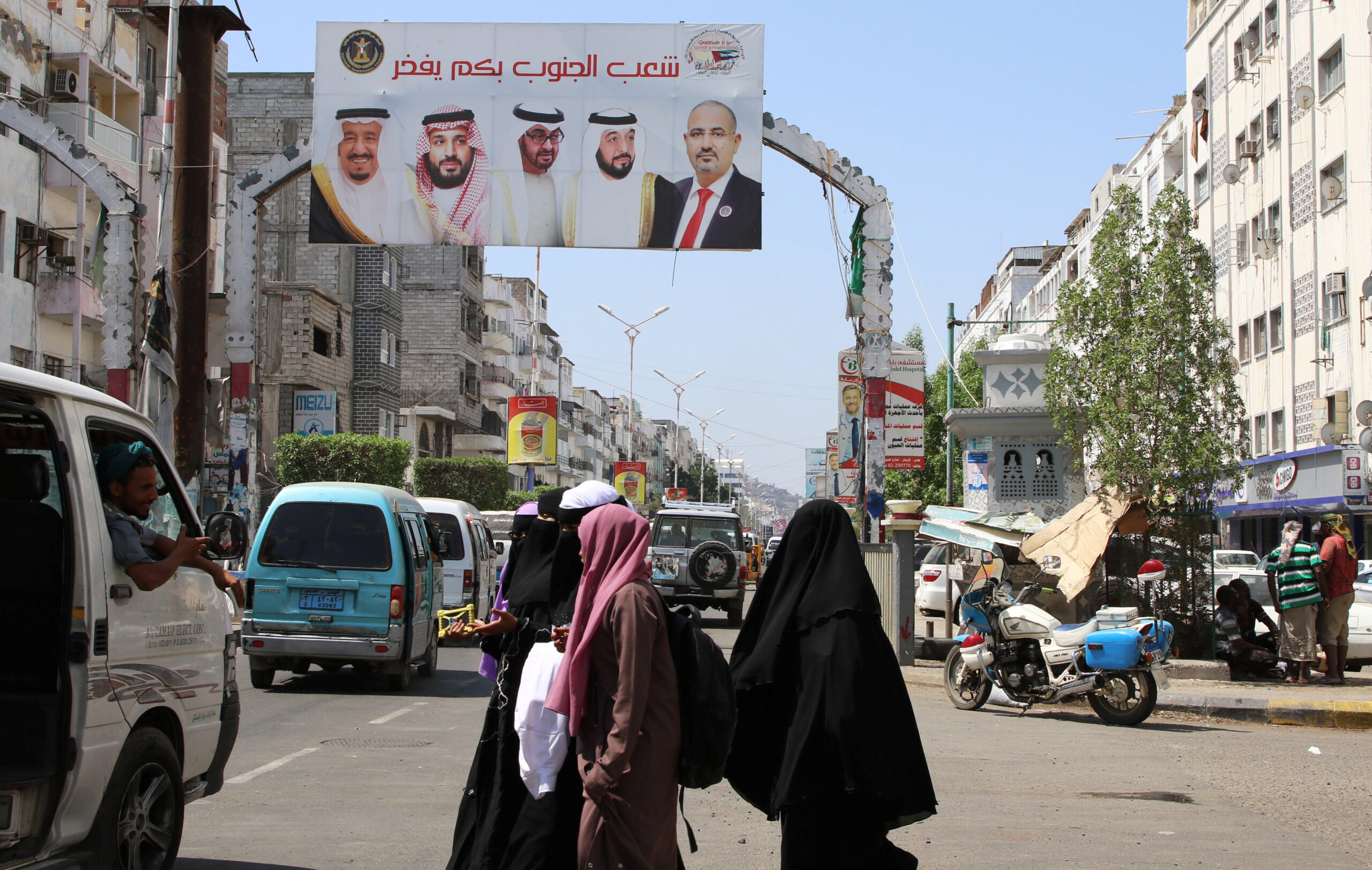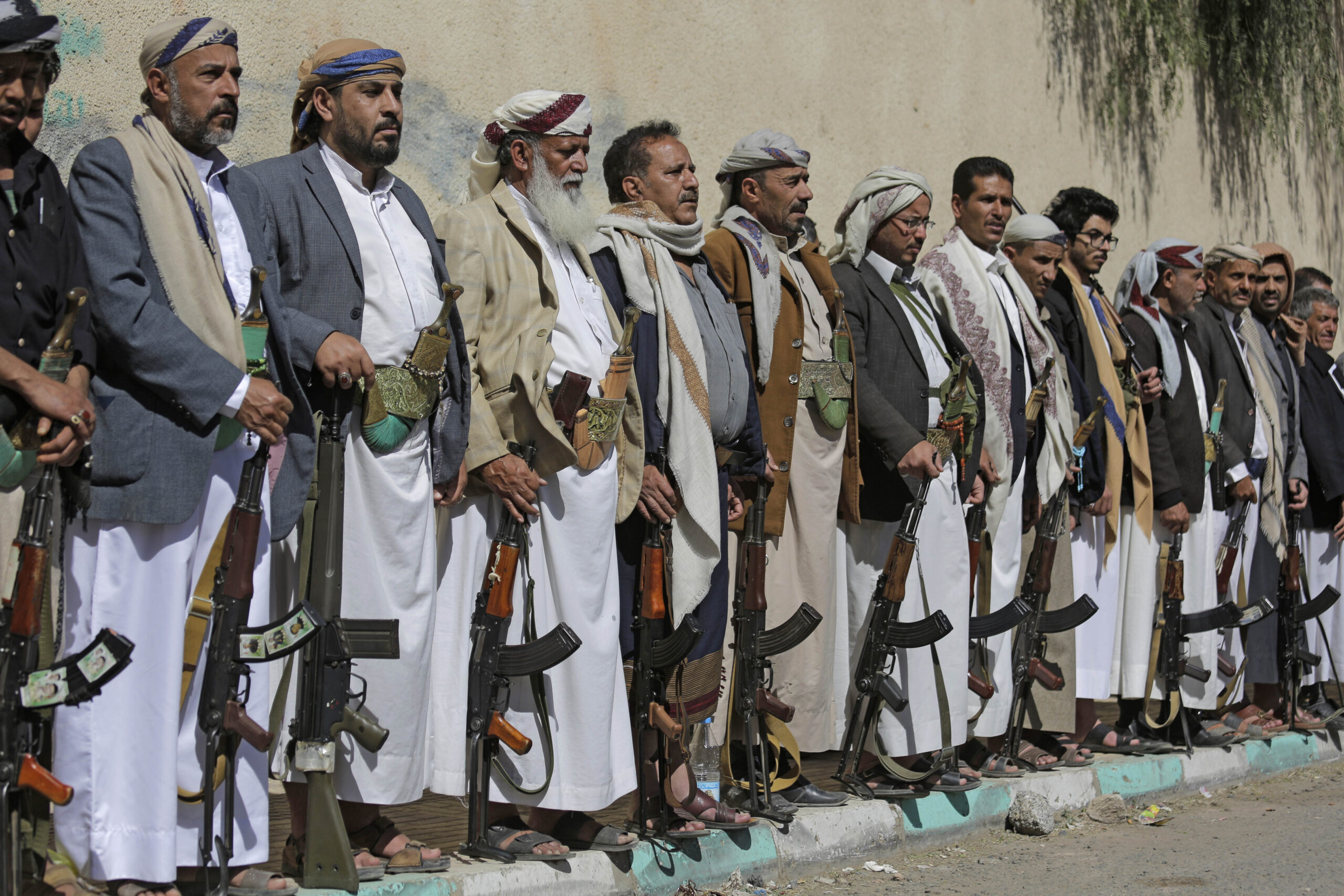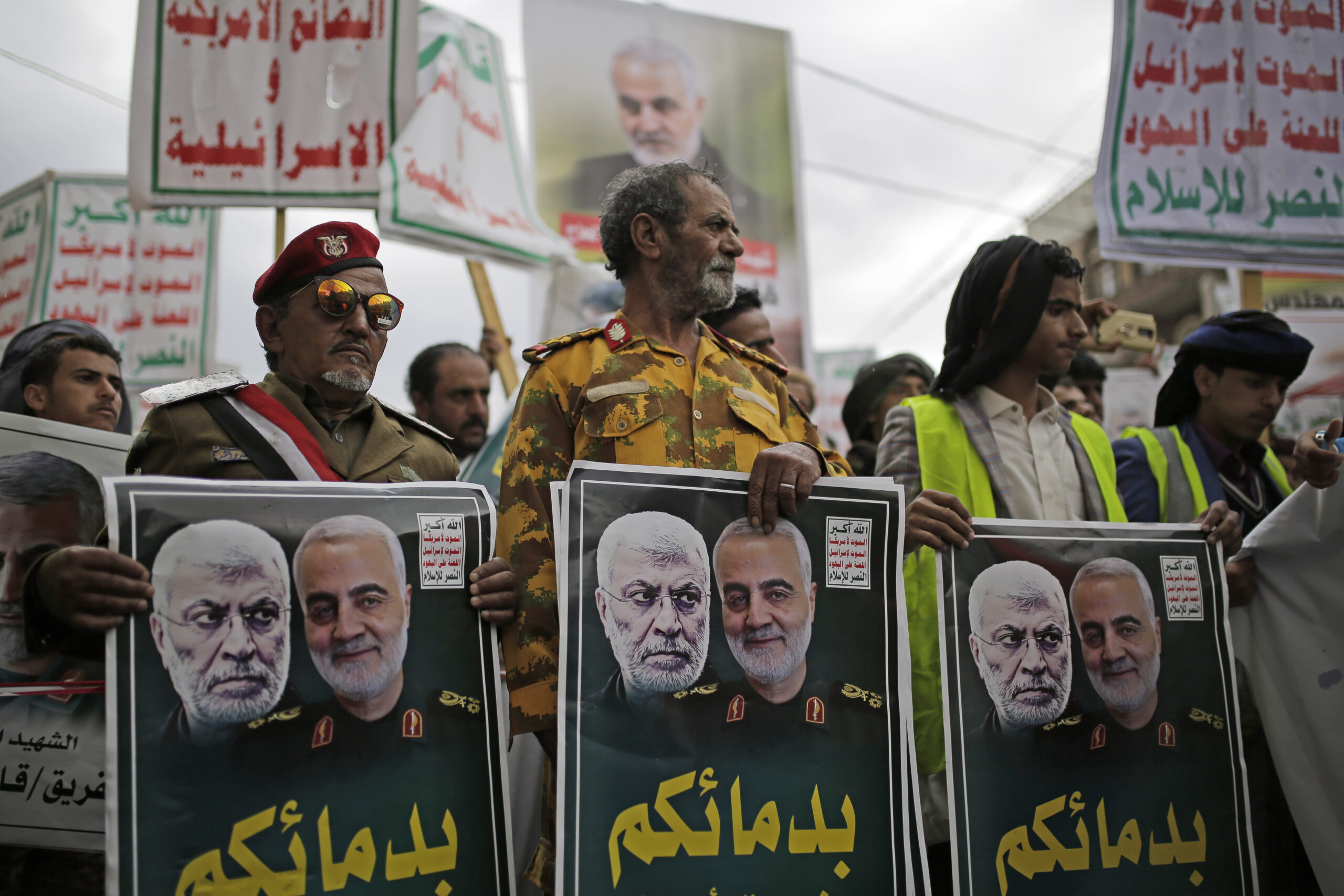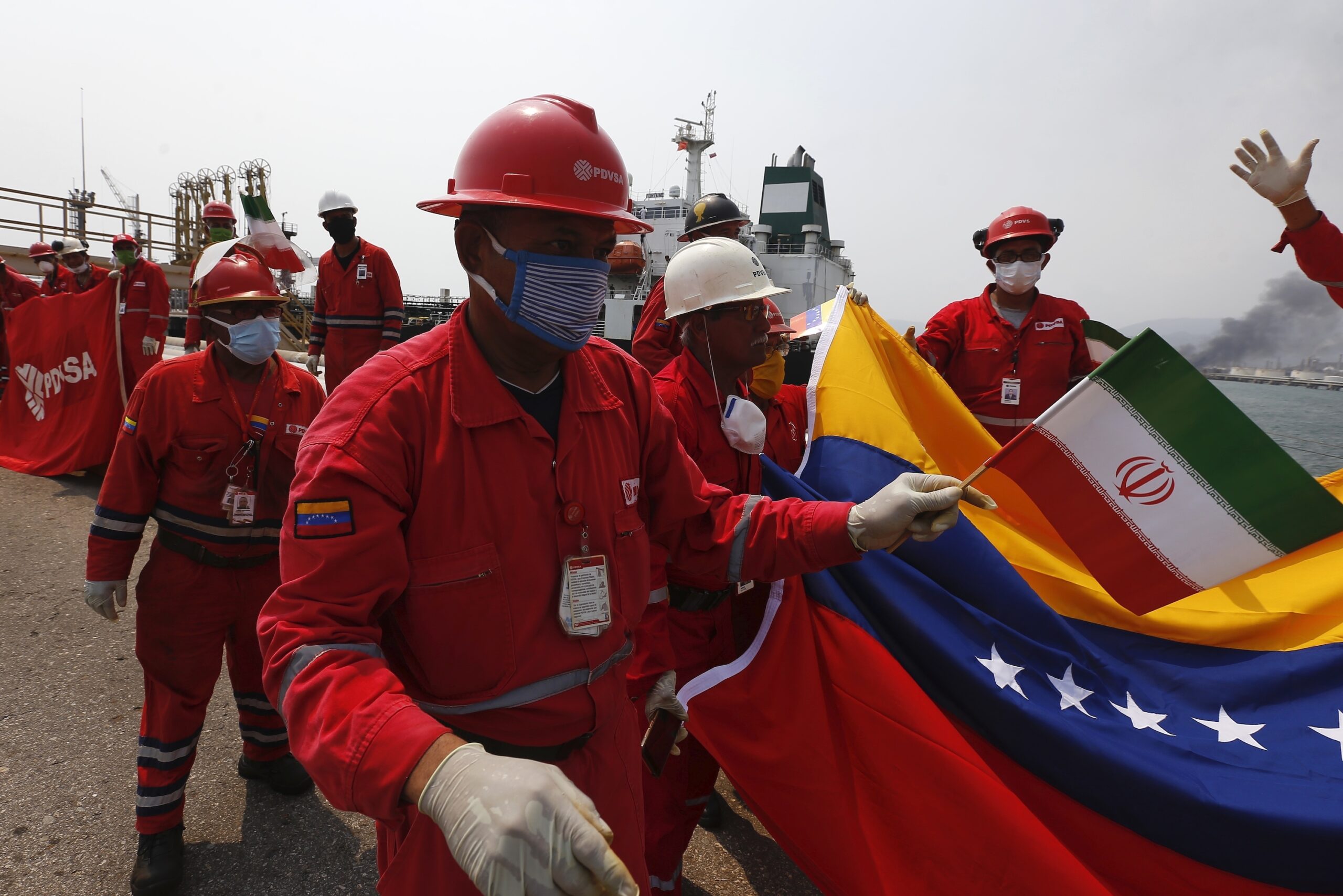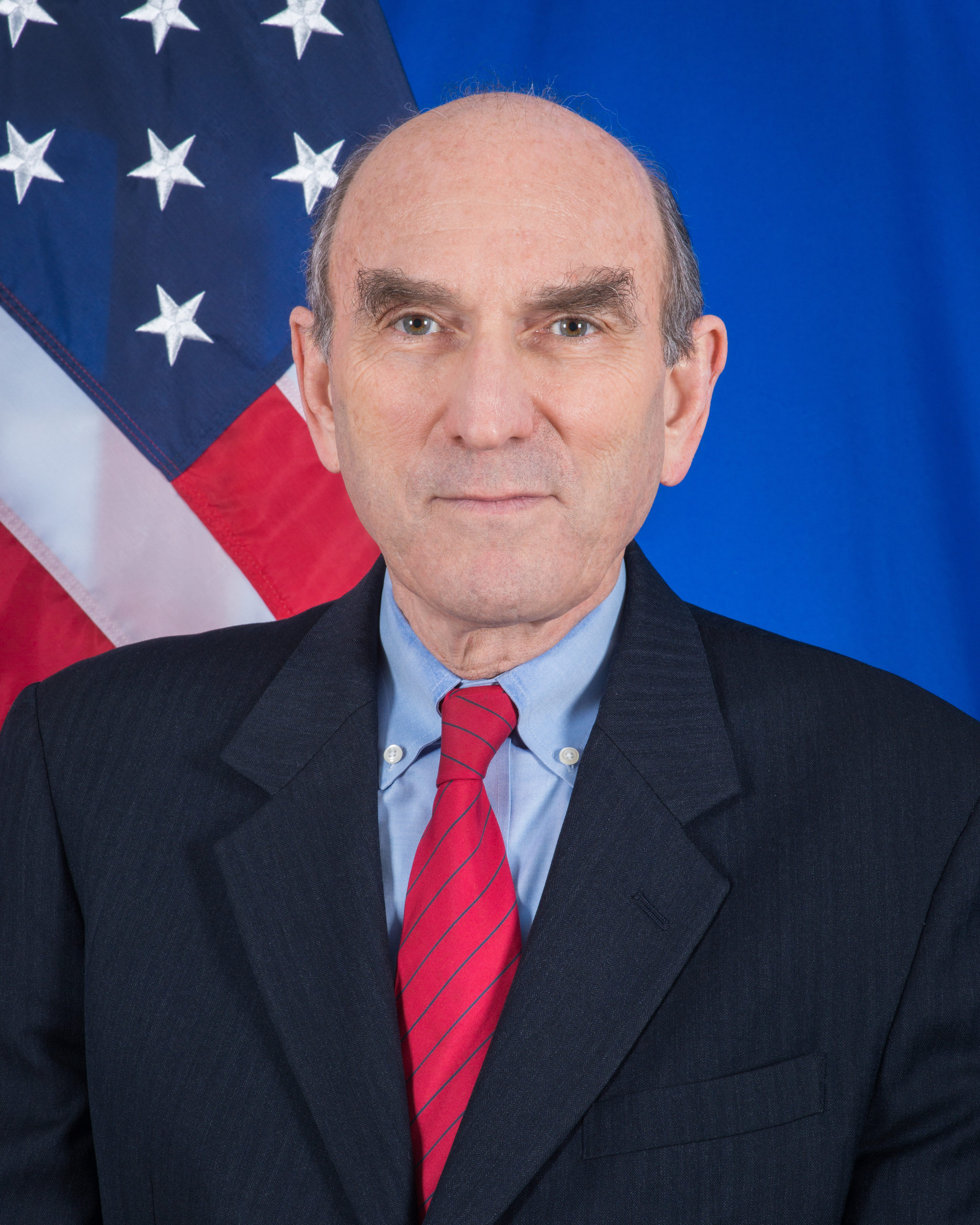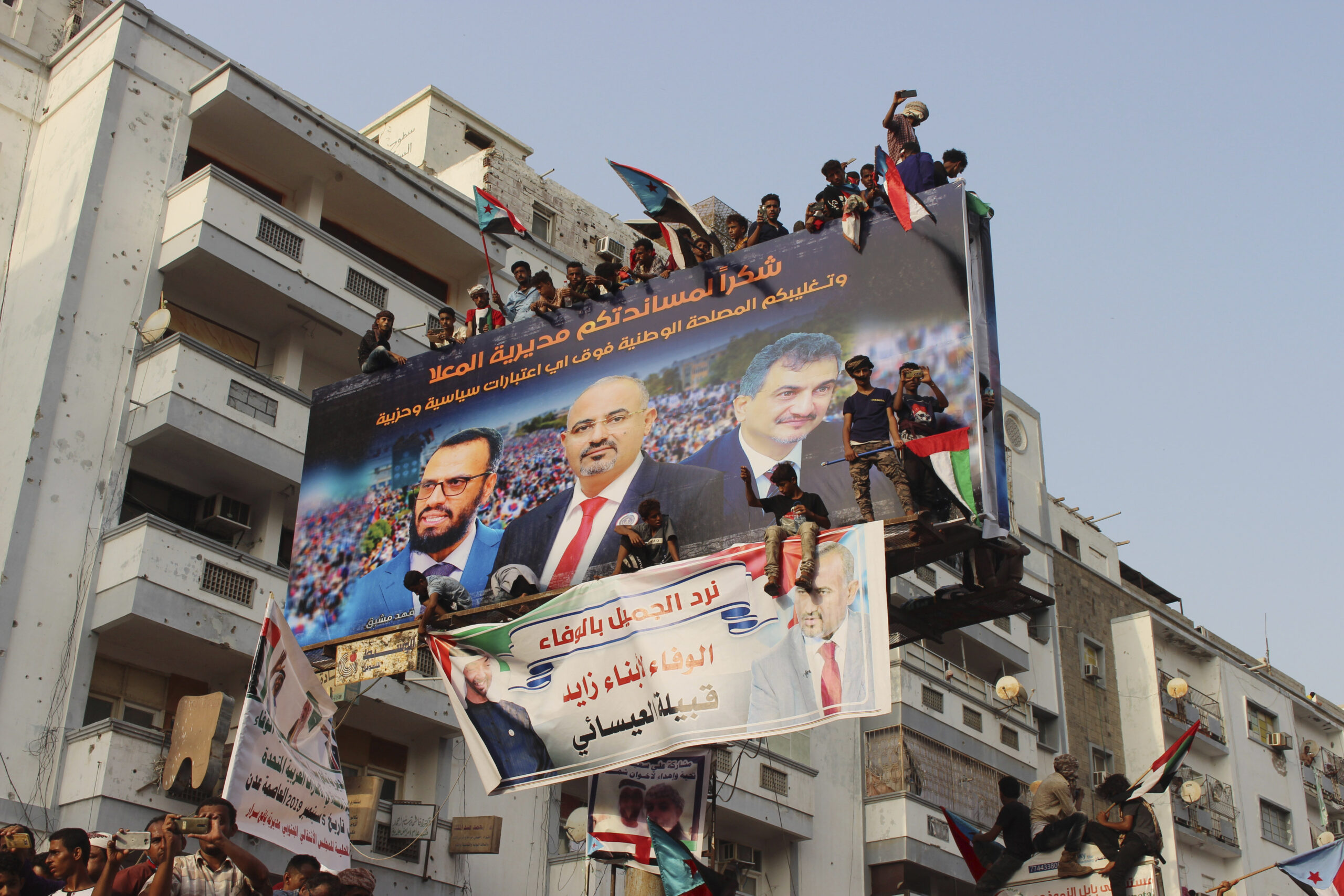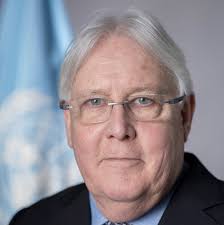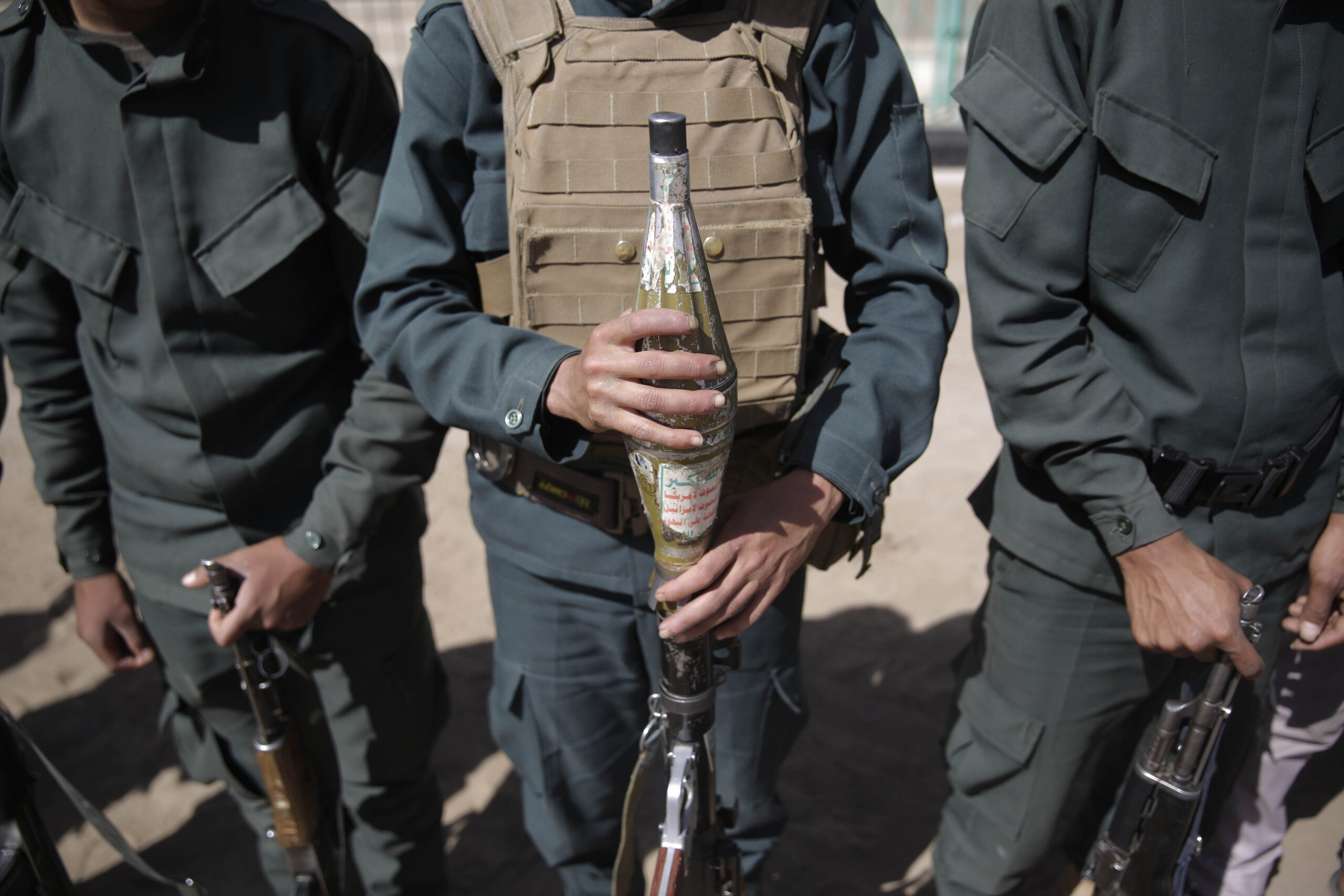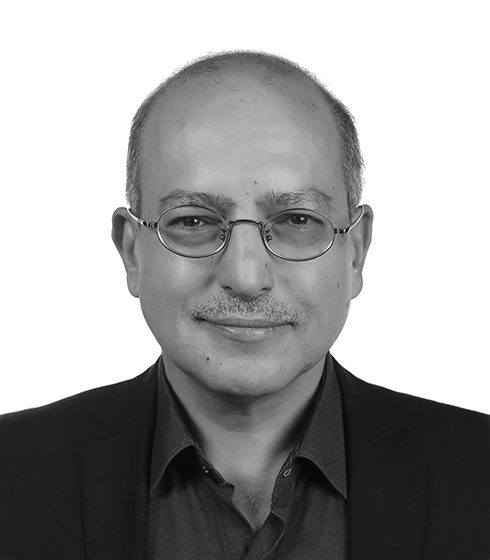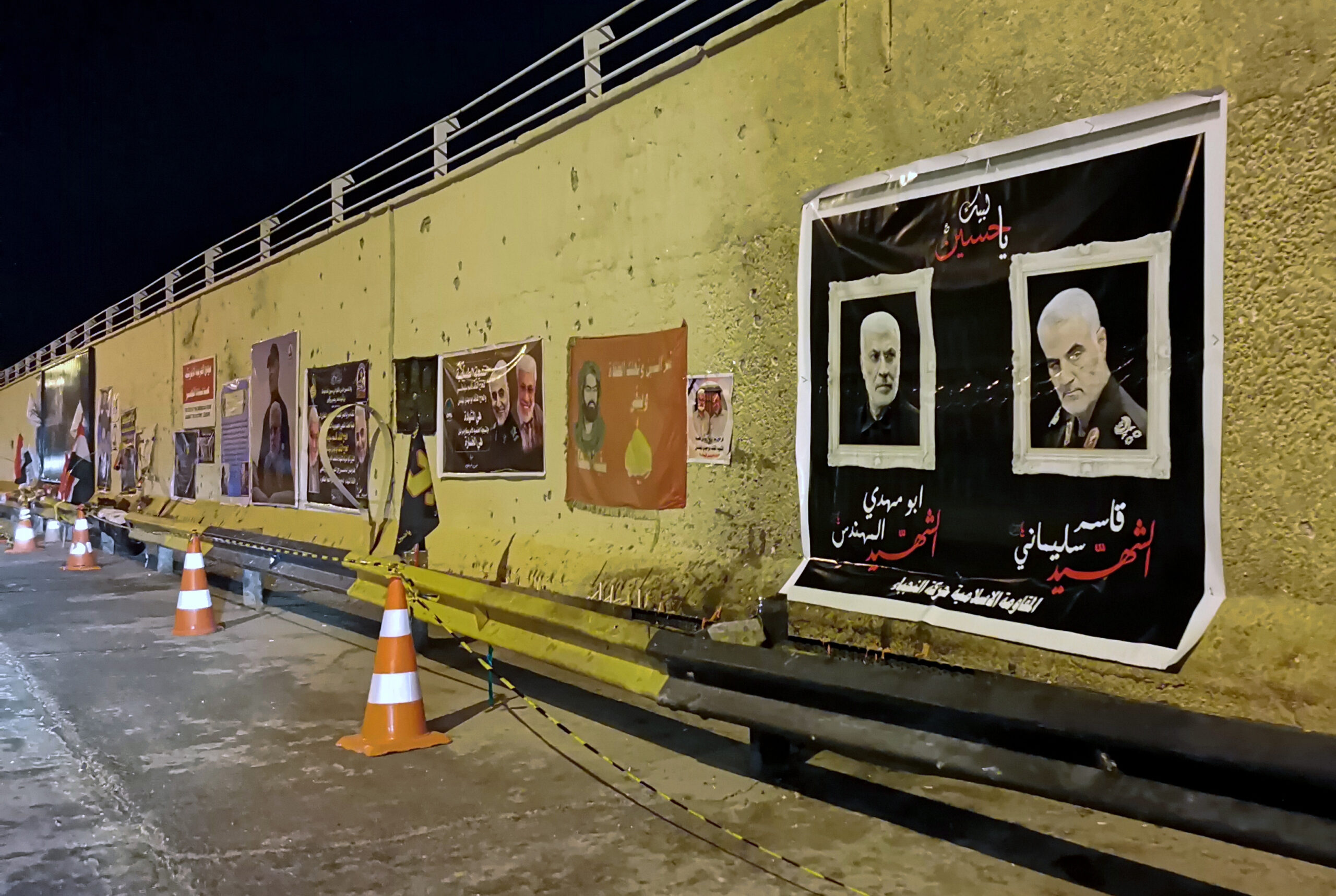Yemen’s War: No Longer Forgotten, but Still Unresolved
For the better part of the past three and a half years, since a Saudi-led coalition entered Yemen’s civil war and dramatically changed its contours, the conflict has been referred to as the world’s “forgotten” war. In recent weeks, though, there have been signs that the war is forgotten no longer. Commentary in major U.S....
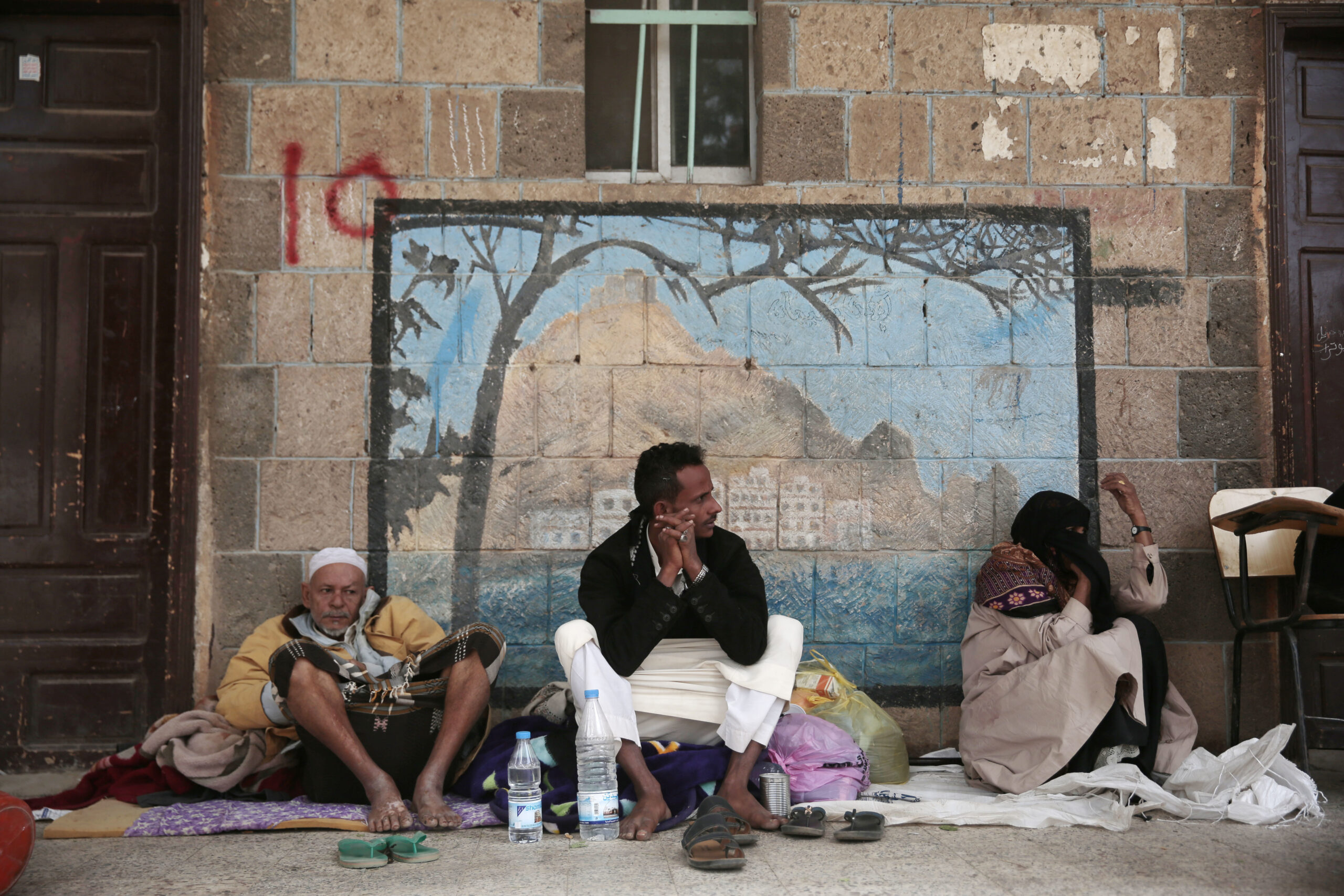
For the better part of the past three and a half years, since a Saudi-led coalition entered Yemen’s civil war and dramatically changed its contours, the conflict has been referred to as the world’s “forgotten” war. In recent weeks, though, there have been signs that the war is forgotten no longer. Commentary in major U.S. media outlets has increasingly highlighted the deeply worrisome dimensions of the humanitarian crisis gripping Yemen, and questioned the nature and extent of U.S. military support for the coalition, whose airstrikes are blamed for causing the bulk of the damage inflicted on Yemen’s civilian infrastructure and population. In addition to more prominent media coverage, the United Nations, international human rights organizations, and members of the U.S. Congress have all added their own voices to the growing expressions of alarm over the war and the toll it is taking.
While greater attention to Yemen’s plight is to be welcomed, since the more scrutiny paid to the war, the more likely pressure will build to bring it to an end, it must be acknowledged that the reason the war is drawing more attention is because news from Yemen is so unremittingly bad that it has become difficult to ignore.
In the month of August alone, a pair of Saudi airstrikes left over 60 children dead: 40 on August 9 when a school bus was struck, and 22 more two weeks later when a group of people fleeing the Red Sea port city of Hodeidah was fired on. In the first incident, for which the coalition accepted responsibility and apologized, photos of the remains of a U.S.-manufactured munition at the site generated a very public round of questions – including in the halls of Congress – as to why the United States continues to provide lethal assistance to the coalition, given the incidence of civilian casualties.
In response to recent events, the U.S. Congress added a provision to the 2019 National Defense Authorization Act that conditions future U.S. support for the Saudi-led coalition on a certification by Secretary of State Mike Pompeo that its member states are supporting diplomatic efforts to end the war, are working to alleviate the humanitarian crisis in Yemen, and are making progress to reduce the risk to civilians. Secretary of Defense Jim Mattis weighed in, as well, asserting that continued U.S. support to the coalition is “not unconditional,” although he also said, in reference to the Saudi-led coalition, that the United States has not seen “any callous disregard by the people we’re working with.”
Criticism has not been limited to the conduct of the coalition, however. A report issued by a panel of experts with the U.N. Human Rights Council on August 28 asserted that all combatants, including the Houthis, have committed serious violations of international human rights law. The panel’s chair stated that “there is little evidence of any attempt by parties to the conflict to minimize civilian casualties.”
But if this all suggests Yemen’s war is no longer forgotten, that doesn’t mean it is any closer to coming to an end. Not even the U.N.-hosted talks set to convene in Geneva on September 6 – the first between the warring parties since April 2016 – offer much in the way of encouragement. Announcing the talks to the U.N. Security Council in early August, the U.N. special envoy to Yemen, Martin Griffiths, chose his words carefully to avoid raising expectations of a breakthrough, saying it is time “to begin the difficult and uncertain journey away from war,” and “weigh the opportunities for peace.” In the intervening weeks, the likelihood that the Geneva meeting will produce any concrete results has only diminished: Speaking in Cairo on August 16, the U.S. ambassador to Yemen said that “we expect the negotiations to be extremely modest.” In fact, some officials have even begun to characterize the meeting as “consultations,” suggesting little in the way of actual negotiations will ensue once the parties assemble in Geneva.
None of this should come as a huge surprise. On the face of it, there appears to be little reason for the major combatants to see it in their immediate interest to agree to any substantial concessions. The Houthi rebels – whose overthrow of the government of Yemeni President Abd Rabbu Mansour Hadi provided the justification for the entry of the Saudi-led military coalition in March 2015 – are well-armed and battle-hardened, and still hold large swaths of the strategic highlands, including the capital, Sanaa. They also still control Hodeidah, despite the coalition’s decision to begin an assault on the city in an effort to liberate it, along with the crucial Red Sea port directly to its west. And while the Saudis and Emiratis might be more inclined to entertain a negotiated settlement to the war, given mounting international concern, they see little room for compromise in light of continued Houthi noncompliance with U.N. Security Resolution 2216, which is the basis for their intervention in Yemen.
As for Hadi, whose return to power remains one of the coalition’s putative goals, he may be the least interested in seeing negotiations commence. Considering his diminishing political support – whether among Yemenis or in the Saudi and Emirati capitals – it is generally conceded that whatever political solution emerges to end the conflict, Hadi‘s role in it will be fleeting.
Such recalcitrance hardly bodes well for the meeting in Geneva. In fact, the parties may have agreed to participate simply to avoid the perception that they are unconcerned about the impact the war has had on Yemen’s civilian population. Even so, it would be churlish to dismiss the importance of gathering the principal parties to the conflict for a discussion, particularly after such a long hiatus. It is, after all, the only formula imaginable for ending a war that may no longer be forgotten but is no less destructive and destabilizing.
The views represented herein are the author's or speaker's own and do not necessarily reflect the views of AGSI, its staff, or its board of directors.
